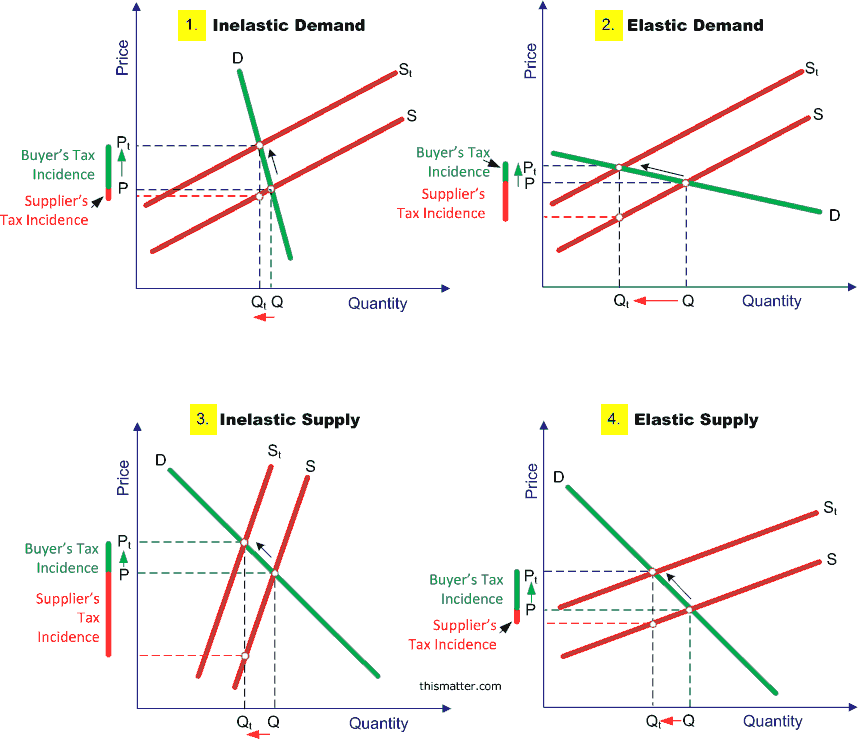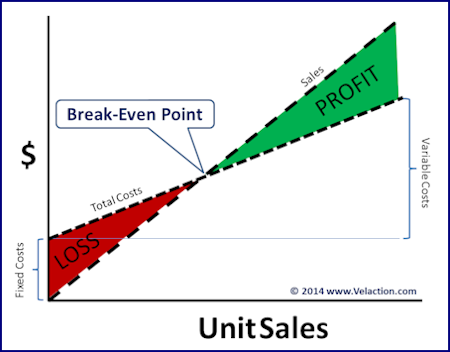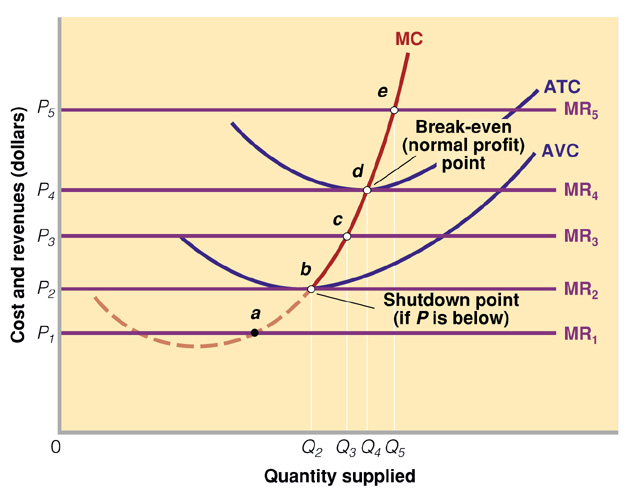Quote:
Originally Posted by SportyandMisty

Nope. Raising the minimum wage is a market interference, and the result of that market interference is a shift in the general equilibrium to a new state with a lower GDP. Some people win, other people lose, but the GDP is lower and the GDP per capita is lower.
|
Quote:
Originally Posted by ContrarianEcon

Looking at growth in GDP per capita on a log scale, I think you are wrong. When the minimum wage was the highest, in terms of % of hourly average wage, we had 2% growth in GDP per capita per year.
|
... and using your logic of looking at charts to deduce causation, some people might conclude the best policy to reduce the highway fatality rate would be to import more lemons from Mexico.


At the end of the day,
every time a government forces a deviation from the optimal allocation of capital and scarce resources, General Equilibrium Theory teaches us that GDP is reduced to a level lower than it otherwise would be.
All economists agree with this; the only disagreements are "how much".
Raising the minimum wage is a classic example of such a market interference, and the result of that market interference is a shift in the general equilibrium to a new state with a (somewhat) lower GDP. Some people will be better off, other people will be worse off, but total GDP is lower and the GDP per capita is lower. All economists agree with this; the only disagreements are "how much." At one extreme, some economists might say the disturbance is so small as not to be measureable. Other economists might say it is large enough to be measured. Still others are unsure.
As a society, sometimes we can
easily justify a market interference -- prohibiting or taxing toxic pollution for example, or subsidizing early childhood vaccines for another example. Most certainly, by subsidizing early childhood vaccines, we have a distortion in the efficient allocation of capital, but few would argue against it. If you've ever met anyone crippled by polio, you know what I mean.
As a society, sometimes that
market interference makes little sense. For example the USA, at the behest of Peanut Growers, has placed prohibitive restrictions on the entry of new market participants. You can most certainly grow peanuts, but if you wish to sell them into the human consumption marketplace, you must obtain a specific license, and none are available. This license is like a taxi medallion - the US Department of Agriculture created an initial allocation of peanut "medallions" and have not created any more in generations. Want to buy one? You would have to buy a "medallion" from an existing "medallion holder" (an existing peanut growing family) but none have changed hands in generations. Such an arbitrary market interference is certainly good for the peanut farmers as they act as a cartel to raise prices, but once again this disturbance clearly results in a new equilibrium with a GDP lower than it otherwise would be absent the market intervention.
Returning to the minimum wage, it is a labor subsidy with unique market characteristics.
Most subsidies come directly from the government such as the subsidy for early childhood vaccinations or subsidies for school lunches.
The subsidy for the minimum wage comes
directly from the employer of the minimum wage employee. The economic effect is the same as an extra tax paid
only by employers of minimum wage employees. Let me say that again: the effect is the same as an extra tax paid only by employers of minimum wage employees coupled with a subsidy paid only to the minimum wage employees themselves. In this case, the government is not an economic intermediary (that is, money does not flow from the minimum wage employer to Washington DC and then back to the minimum wage employee; it flows directly from the minimum wage employer to the minimum wage employee).
Economists know quite a bit about the incidence of taxes, and again this minimum wage law has the same effect as a tax. Who ends up actually paying the tax (well, actually, the increase in the minimum wage) is completely a function of the elasticities of demand and elasticities of supply. As economists say, "it depends." Look at the following chart that shows alternative outcomes based on these elasticities:

In response to an increase in the minimum wage in the range we are discussing, it is clear that
many -- probably most -- minimum wage employees will retain their jobs, and it is clear that
some will lose their jobs (or see reduced hours). Every economist agrees with this.
For those employees who keep their jobs, life got better. Every economist agrees with this.
For those employees who lose their jobs, life got quite a bit worse. Every economist agrees with this.
Employers who employ minimum wage workers will react to an increase in the minimum wage in the same way as if they faced an increase in taxes, because from their perspective it is a tax increase. Examples of how employers will react include an adjustment in business processes, an increase in capital investment, an attempt to raise prices, an attempt to squeeze suppliers, and the like. Every economist agrees with this.
There will be a shift in the break-even point for every business, regardless if they employ minimum wage workers or not, as prices and quantities of inputs adjust throughout the economy:

For some businesses, the new equilibrium will be below the economic shutdown point where revenue does not fully cover fixed costs:

The argument that somehow by raising the minimum wage we actually increase GDP is silly. Yes, those who retain their jobs will have more income and will spend much of it, but that is besides the point. The new equilibrium necessarily will result in a GDP that is lower than it otherwise would be.
The argument that somehow by raising the minimum wage we actually increase GDP is akin to thinking we can raise GDP merely by raising taxes. It just isn't so.
Quote:
|
Giving a minimum wage worker a raise by increasing the minimum wage gets you an increase in present consumption and an increase in future consumption.
|
... and laying off a minimum wage worker in response to the tax increase (minimum wage increase) decreases present and future consumption.
In both cases, the shift away from the efficient allocation of capital and efficient allocation of scarce resources results in a new equilibrium with a lower GDP than it otherwise would be absent the perturbation. Total GDP will be lower. Total GDP per capita will be lower. Some people will be better off (those who work for minimum wage). Others will be worse off (those who lose their jobs, employers of minimum wage workers, and everyone else indirectly.)


 Please register to participate in our discussions with 2 million other members - it's free and quick! Some forums can only be seen by registered members. After you create your account, you'll be able to customize options and access all our 15,000 new posts/day with fewer ads.
Please register to participate in our discussions with 2 million other members - it's free and quick! Some forums can only be seen by registered members. After you create your account, you'll be able to customize options and access all our 15,000 new posts/day with fewer ads.